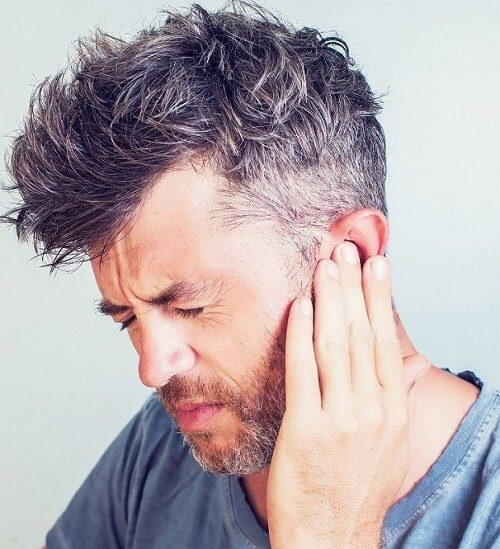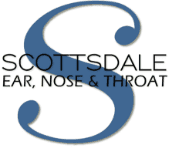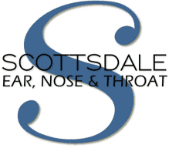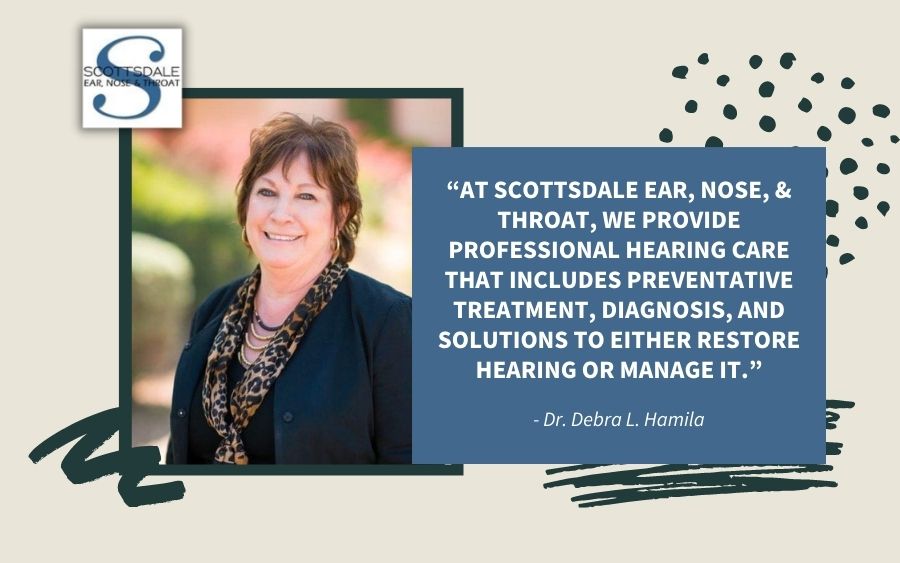
What is Tinnitus?
Tinnitus is a neurological disorder similar to the “phantom limb” experienced by some amputees. It involves the perception of sounds generated somewhere along the auditory pathway or in the auditory processing center of the brain that are not really there.
Each individual experiences tinnitus in a unique way. Many experience a continuous tone, others hear a pulsating sound. The sound can be described as ringing, whirring, clicking, buzzing, or whooshing.
Establishing a set of tinnitus causes is difficult, but conditions that tend to be present along with, or lead to, tinnitus, include:
- Hearing loss
- Exposure to loud noise (Noise Induced Hearing Loss, NIHL)
- Head and neck injuries
- Ototoxic drugs
- Meniere’s disease
- Acoustic neuroma
- Hyper/hypothyroidism
- Stress
- Depression
- High blood pressure
Finding relief for your tinnitus symptoms is a complex issue that requires ruling out certain causes as well as attempting to communicate the intensity, type, and effect of subjective symptoms on your quality of life.
5 Frequently Ask Questions About Tinnitus
1. How is tinnitus diagnosed?
A tinnitus diagnosis begins with a case history, medical history and, a questionnaire to help determine how the condition affects your lifestyle and quality of life. Comprehensive hearing assessments are necessary to confirm or rule out hearing loss and additional tests are often necessary to identify any vascular or vestibular conditions known to contribute to the condition.
2. What happens if you don't treat tinnitus?
3. Can tinnitus be cured permanently?
4. Can you relieve tinnitus?
5. Can I use hearing aids for tinnitus management?

What to Expect During Your Tinnitus Assessment
In order to assess your situation, it is necessary for a tinnitus specialist to zero in on your unique type of tinnitus by ruling out any medical causes and hearing loss.
We lay the groundwork for treatment during your first medical appointment by identifying the specific type and intensity of your symptoms in order to develop a plan that will help you the most.
During your tinnitus evaluation our tinnitus specialist will:
- Ask you specific questions regarding your condition like how it affects your quality of life, any medications you’re taking or medical conditions you might have, exposure to loud noise, or other factors known to present with tinnitus symptoms.
- A complete hearing evaluation to help us determine if your condition is associated with hearing loss.
- Discuss appropriate treatment options with you.
Additional testing by our ENT specialists is sometimes necessary to help rule out other suspected vestibular or vascular medical conditions that are known to produce tinnitus symptoms.
How is Tinnitus Treated at Scottsdale ENT?
Because your symptoms can be mild some days, destroy your capacity to concentrate other days, and sometimes keep you up all night, managing tinnitus can be quite a challenge. After our tinnitus specialist guides you through a series of tinnitus assessments, listening closely to what you describe each step of the way, we’ll customize a tinnitus management program designed to address your specific condition.
Though there is no cure for most cases of chronic tinnitus, audiologists, scientists, and doctors have identified several tinnitus management technologies and techniques that are proven to provide varying levels of relief, including:
- Hearing Aids (dual benefit of correcting hearing loss and masking)
- Sound Maskers and other Tinnitus Treatment Technology (helping decrease sound awareness)
- Tinnitus Retraining Therapy (TRT)
While we use different forms of sound masking and hearing aids for those who also experience hearing loss with their tinnitus, we take things a step further by utilizing a holistic therapeutic approach known as tinnitus retraining therapy (TRT).
Also called habituation therapy, TRT involves retraining your brain to perceive the phantom sounds in your ears in a different way. Included in this behavioral therapy approach are the necessary coping tools to deal with emotional difficulties like depression, stress, or anger that tend to exacerbate your condition.
Managing associated health problems, adjusting medications, when possible, changes to your lifestyle, various sound masking devices, and hearing aids round out a complete program designed to improve your symptoms and support your overall wellbeing.
Schedule a Tinnitus Assessment at Scottsdale ENT
Our tinnitus specialists are aware that your tinnitus is unique, affecting you differently than it might affect someone else, which is why our personalized approach to tinnitus management is your best hope to manage the ringing in your ears and improve your quality of life. If you’re finding it difficult to concentrate, relax, or get a good night’s sleep because of the ringing in your ears, take the first step to finding the relief you need by scheduling a tinnitus assessment at Scottsdale ENT.
Simply submit the adjacent form to schedule a tinnitus assessment with one of our tinnitus doctors in Scottsdale, AZ and start reclaiming your life from the ongoing frustration of tinnitus.
What Our Patients Are Saying

Dr. Cheryl Mackechnie is excellent to work with.
She Performed my surgery this month and was very resposive and available to me afterwards when I had question/concerns. I would definitely recommend Dr. Mackechnie!
Donita Mcglasson

They are wonderful to work with
I have been here as a patient for nearly 5 years, and they are wonderful to work with. The staff is very careful these days with all patients to ensure there is minimal contact and patients are treated with professionalism and respect. I highly recommend this office!
Dan B

Dr. Heiland was full of good advice
I was there pre covid and everyone was very nice especially the office manager. The testing lady was excellent too and Dr Heiland was full of good advice and very easy to talk to.
Jim J

They listened to my issues and concerns
Unfortunately - I'm a lifetime award winner for allergy/sinus issues, which in many cases, requires short-term assistance from experienced professionals. I called Dr. Heiland's office and secured an appointment within 48 hours. Bridget (PA) and the audiologist were both superb.
Dale V

Debbie is the best audiologist I have met in my 40 years of nursing
Very caring physicians and staff and when you have Meniere's Disease that is so important. It is very easy to get an appointment or phone call when you are having an issue. Plus Debbie is the best audiologist I have met in my 40 years of nursing.
Joanne M


